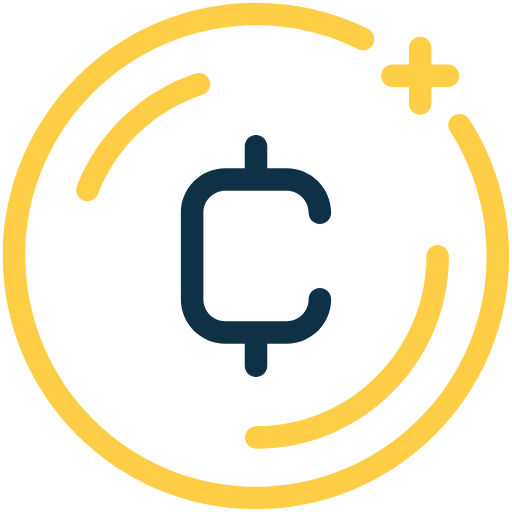Devcon, the annual Ethereum developers conference, was fairly subdued this year.
Compared to its previous installment in the resort town of Cancún, the gathering—held in Prague from Oct. 30 to Nov. 2, 2018—reflected tempered exuberance as cryptocurrency prices have returned to earth this year. Gone were the insufferable ICO promoters and hangers-on. Sadly, this year, nobody was offering $400K salaries to amateur blockchain developers. As of Nov. 23, Ether (the token used to transact on the Ethereum network) reached a 2018 low of $120, down from a high of $1,400 in early January.
At Devcon4, “scalability,” or how to improve the speed and robustness of the Ethereum Project, dominated the conversation. Speakers also addressed topics like how can Ethereum onboard its next million users? And how can designers and developers improve user interfaces?
On the sidelines of Devcon 4, Ethereum’s cofounder, Vitalik Buterin, spoke with Quartz. He discussed what’s on his reading list, why he’s distressed about the IBM blockchain, and what blockchains might be good for—that is, beyond cryptocurrency.
Quartz: What are you reading?
Buterin: On my flight here, I read a book about democracy in Mongolia. I was visiting the Santa Fe Institute last month and that was one of the interesting books they had on their bookshelf. Let’s see. I also got a copy of [George Mason University economist] Tyler Cowen’s “Stubborn Attachments.” It basically says that we need to have more confidence in the ideas of economic growth and progress.
Rather than calling Ethereum the “world computer,” Ethereum Foundation research scientist Virgil Griffith suggested calling it “an arena where we can play positive-sum games.” How would you describe Ethereum today?
Hm… It’s both. I still think the “world computer” is a good analogy. The idea that you have a shared computing environment that anybody can build and run stuff on is still a totally legitimate and valuable thing to emphasize. Ethereum—and blockchains in general—are fundamentally about enabling cooperation, which is basically saying the same thing as “positive-sum games.”
Today, a lot of organizations are using Ethereum for marketing hype in places where blockchain doesn’t make a lot of sense (or where a database would suffice). For instance, the UN’s World Food Programme. What do you think of those applications?
Sometimes it’s for marketing hype. Sometimes it’s just people who are genuinely excited about blockchains and want the thing they’re personally excited about and their job to align more with each other, which is a totally legitimate, human thing to want to do. In some cases, I think it leads to a lot of wasted time.
